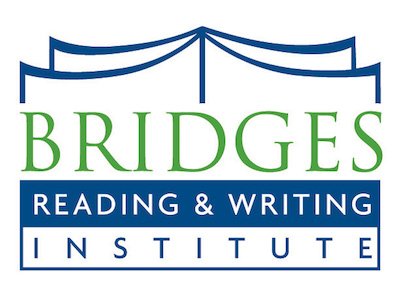Reading. During the spring semester, our fourth through eighth grade students will focus on non-fiction or informational texts that give details to significant historical events in the life of historical and scientifically revolutionary figures. Our main goal is to teach students how to use informational readings as a means of research that can be used to recreate a historical event in their own storytelling narrative. We will focus on teaching our students how to isolate and organize the in-depth historical facts they locate throughout the texts they read. We will work with students to sort through the multiple readings of the same event and determine which details are most relevant and necessary.
As our students read non-fiction information texts, they will:
filter through a considerable amount of information and organize key ideas into simple ideas
identify different organizational patterns throughout the text, determining the purpose or trajectory of the person’s life. (Is this a sequence of events, a description, a cause/effect, a compare/contrast, or problem/solution?)
develop a focused organization to reading a historical text by isolating details into categories that can be used when recreating the event: backstory, present action, flashback, interior monologue/internal thoughts, description (appearance), quoted dialogue, and the concrete facts (names, dates, places)
build quickness and confidence in understanding implied ideas (not directly stated) through inferential thinking and making connections between details
build the habit of asking and answering both literal and inferential questions when analyzing the key moments in the person’s life
use strong annotation and notetaking skills to trace the development of a plot line, making sure to identify shifts in key moments and the significant details in a person’s life
find cue words and phrases that signal a shift in tone or attitude, especially when transitions are not given or are hard to locate
identify scientific or historically based content-specific vocabulary words and ensure understanding and comprehension within the text
build strong reading strategies to target more difficult and technical texts that are not easily understood after the first read. (In other words, learn to reread, redefine, and paraphrase whenever the text is complicated)
Writing. Our fourth through eighth grade students will recreate a significant historical event from the life of a historical and scientifically revolutionary figure that they will read about in their informational text sets. Students will learn to incorporate facts into historical-fiction narratives to showcase a realistic scenario to help the reader envision or feel like he/she is experiencing the moment with the historical figure. Another goal is to provide enough information to help the reader gain accurate details of the actual people, places, and things in that historical moment. Students will learn to independently determine the appropriate tone and point of view for the historical event they choose in order to make their narratives as genuine as possible, whether from first- or third-person point of view.
Students will practice these writing skills:
Point-of-View. Your child will nurture an awareness of the narrator’s point of view and learn to construct one that is plausible for the given historical moment they are retelling.
1st Person: The 1st person narrative will take on the personal voice of the historical figure and will imbue what we know about his/her personality, perspective, and way of life.
3rd Person: The 3rd person narrative is less personal and remains neutral to all the people in the story. This narrator will be merely an observer.
True facts. The most difficult task, and one that is often overlooked, is adding bits and pieces of true facts into the narrative to make the story accurate and credible. We don’t want this to be a narrative about any generic person who fits within the general context. We want to incorporate enough factual detail and content vocabulary so the reader can learn about the historical event. Meanwhile, students will make sure to effectively combine and rephrase enough facts, details, and examples into their own words to avoid plagiarism.
Logical flow. Students must learn how to organize their writing so that their story is not overly detailed, but at the same time, not overly simplified where they are barely giving any detail at all. Also, students struggle at times to transition between ideas in a way that keeps the story moving fluidly. We will teach students how to organize their details to achieve a logical, fluid sequence of events within a very small moment in time. We will work with students to strike the balance between being too wordy and too vague.
Setting/character description. Students will enhance their writing through sensory detail and imagery to bring catchy and vivid interest to their writing. This includes using figurative language to paint mental pictures that capture a specific tone and mood. Students will also learn to incorporate breaks in their present action to add backstory, flashbacks, interior monologue, and dialogue.
Complex sentence patterns. Every week of the semester, we will challenge students to broaden their application of writing. As mini lessons each week, we will introduce a variety of sentence patterns that include different clauses and phrases to add elaborating detail. Students will get a refresher on compound, complex, compound-complex, and simple sentences as well as the different types of phrases that can be added to make sentences stronger (infinitives, participles, appositives, gerunds, prepositional, absolutes). Our job will be to make sure students are applying these various sentence patterns into their writing during the drafting and revising stages. We will also help students learn to revise sentences by eliminating excess words and repetition.
